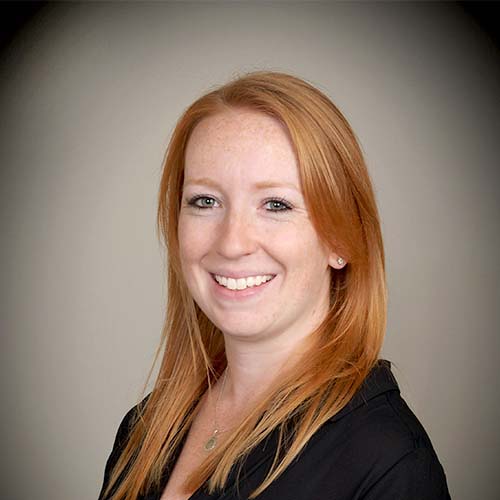 News Release
News ReleaseThe Cultivated B Introduces n!Biomachines: Fit-For-Purpose Bioreactors Designed to Easily and Affordably Scale Cellular Agriculture
The Cultivated B
The Cultivated B (TCB) today announced the name change of its Canadian subsidiary, now embracing a broader mission. Formerly called The Cultivated B Canada and located in Burlington, Ontario, n!Biomachines (pronounced “n factorial biomachines”) is dedicated to fulfilling the commercial scalability and viability potential of industrial cellular agriculture technologies across a number of product categories. Unlike over-engineered bioreactors that were designed predominantly for pharmaceutical use, n!Biomachines delivers affordable, easy-to-operate systems for the food, dietary supplement and cosmetics industries, offering sustainable solutions that consume remarkably low amounts of electricity, in some cases as low as 150 watts. The company’s AUXO V fit-for-purpose bioreactors are engineered to focus on single applications, such as animal cells or yeast. This streamlines complex processes and eliminates the operational clutter that multifunctionality typically brings to bioprocessing. The AUXO V’s revolutionary design benefits large-scale manufacturing by improving process efficiency and drastically reducing the level of expertise needed to operate a bioreactor. “The mathematical term, 'n!', or n factorial, acknowledges the core of our mission: scalability and multiplication, with respect to our bioreactor capacity as well as bioprocessing opportunities for our customers,” said Dr. Hamid Noori, CEO of n!Biomachines and The Cultivated B. “'Biomachines' refers to the revolutionary redesign of bioreactors to be useful across all industry sectors that want to step away from overengineered, overly complex equipment. The name n!Biomachines signifies our ambition to expand the applications of bioprocessing through affordable, sustainable and purpose-driven bioreactor design.” Unparalleled usability, increased automation and optimized operational and equipment costs define this new generation of bioreactors for benchtop-, pilot- and industrial-scale bioprocessing without compromising production quality, safety or efficiency. With an emphasis on rapid delivery and cost-effective design, n!Biomachines unlocks bioprocessing for new industries while accelerating growth and innovation for established sectors. “It became clear to us that cellular agriculture industry is at an inflection point where benchtop processes are quite well-proven, but scalability and commercial viability have yet to be sufficiently addressed,” continued Dr. Noori. “Our new bioreactor designs enable efficient processes and the faster delivery times needed to accelerate and integrate cellular agriculture as an additional pillar of our food production system. n!Biomachines is the answer to removing the bioreactor bottlenecks that currently prevent this emerging industry from scaling.” About n!Biomachines n!Biomachines, a subsidiary of The Cultivated B, specializes in developing and manufacturing fit-for-purpose bioreactors for the next generation of bioprocessing. It targets benchtop, pilot- and industrial-scale bioprocessing, ensuring high-quality, safe and efficient operations. Unlike traditional bioreactors that were designed primarily for the pharmaceutical industry, n!Biomachines provides affordable, user-friendly systems for various bioprocesses and organisms, improving commercial viability and scalability for the food, supplement and cosmetics industries. By overcoming industry growth barriers, n!Biomachines aims to revolutionize manufacturing and facilitate the adoption of cellular agriculture technologies sustainably and efficiently. For more information, visit https://www.n-factorial.com/ and follow the company on LinkedIn. About The Cultivated B (TCB) The Cultivated B is a multinational company dedicated to the development and application of breakthrough technologies in cellular agriculture, precision fermentation and bioreactor engineering to enable scalable commercialization of the cellular-agriculture industry. TCB serves startups, corporations and academic research institutions within the food, pharma, cosmetics and personal care industries with its outstanding capabilities. The companyâs fundamental commitment to minimizing the natural resources used paves the way towards a sustainable future, locally, regionally and globally. TCBâs research and development team is based in Germany. PreFer Industries and n!Biomachines, based in Canada, are subsidiaries of TCB. For more information, visit https://www.thecultivatedb.com and follow the company on LinkedIn. Contact Details Jenna Beaucage +1 508-340-6851 tcb@rainerco.com Company Website https://www.thecultivatedb.com
March 13, 2024 06:03 AM Eastern Daylight Time







